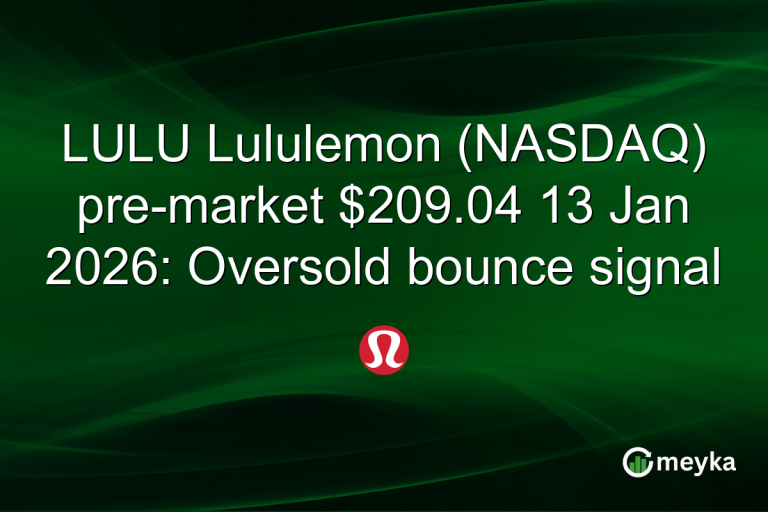Airbus A380 News Today: Lufthansa Revives A380 Fleet for Post-Pandemic
Lufthansa has decided to bring its Airbus A380 superjumbo jets back into service, marking a significant moment in the rebound of global air travel. This decision aligns with an upswing in passenger demand and optimism in long-haul aviation recovery post-pandemic. The revival of the A380 fleet not only highlights improving market conditions but also reaffirms the enduring allure of this iconic aircraft. As the aviation industry adapts to changing dynamics, Lufthansa’s move signals a promising future for intercontinental travel.
Lufthansa’s Strategic A380 Comeback
Lufthansa’s decision to reintroduce the Airbus A380 comes at a time when the aviation market is captivating recovery stories. The airline has strategically placed the A380 on high-demand routes, focusing on destinations experiencing swift recovery in traveler footfall. According to Bloomberg, the move is driven by a solid rebound in long-haul passenger demand, making the A380 economically viable again. The Airbus A380 is well-regarded for its capacity and passenger comfort, providing a competitive edge as airlines vie for increasing customer confidence. Lufthansa’s targeted use of the A380 enhances profitability on routes with high traffic and premium demand. This shows the airline’s adaptability to market needs and reflects broader industry confidence. By reactivating these aircraft, Lufthansa sends a strong message about its commitment to lead in the next phase of aviation recovery.
Aviation Market Recovery Gains Momentum
The return of Lufthansa A380 flights signifies a crucial phase in aviation’s recovery journey. Post-pandemic, the market is witnessing a renewed interest in long-haul travel, with a steady increase in passenger numbers and revenue. Airlines are responding quickly to this upward trend by adjusting their fleets to match capacity with demand. Reports from Reuters suggest that air traffic has been recovering at a pace faster than initial forecasts, driven by leisure travel, business trips, and a significant resurgence in global tourism. Lufthansa’s strategic reinstatement of the A380 fleet is not an isolated event; other airlines are analyzing similar decisions, underlining the aircraft’s enduring appeal. This positive trend in the aviation market offers hope for a sustained recovery trajectory.
Operational and Market Value of the A380
The A380 return to service by Lufthansa underscores a pivotal moment in assessing the operational and market value of superjumbo aircraft. Previously, the pandemic led to widespread grounding across fleets, casting doubts about the A380’s future. However, the market’s rebound, remarked by continued passenger interest and Lufthansa’s confidence, suggests a renewed value proposition for the A380. The aircraft’s ability to transport large volumes of passengers efficiently positions it well amidst the current demand surge. This renewed operational role might influence other airlines to reconsider the A380’s viability, potentially marking a turning point in its service lifespan. For investors and market watchers, keeping an eye on how these changes affect the broader aircraft leasing and sales markets will be crucial. This strategic deployment hints at greater operational flexibility and renewed competitiveness in the aviation landscape.
Final Thoughts
Lufthansa’s A380 fleet revival marks a hopeful milestone in post-pandemic aviation. The strategic decision aligns with heightened passenger demand and reflects Airbus’s enduring relevance in the long-haul market. These developments indicate a sturdy path towards aviation recovery, underscored by renewed interest in premium travel routes. As airlines adjust fleets amid shifting market conditions, the resurgence of the A380 could signal broader adaptability across the aviation sector. The unfolding scenario presents exciting opportunities for growth and innovation. For more advanced insights and thorough predictive analytics, using AI platforms like Meyka can help investors stay ahead in the dynamically evolving aviation market. With real-time data and strategic foresight, understanding such industry shifts becomes more accessible. As Lufthansa reintegrates its A380s, the move may inspire similar decisions across competing airlines, paving the way for a new era in commercial aviation.
FAQs
Lufthansa is reviving its Airbus A380 fleet due to a significant increase in long-haul passenger demand. The strategic decision aligns with broad aviation market recovery, making the A380 viable again on high-traffic routes. This resurgence reflects a positive outlook in intercontinental travel and,
The return of the A380 signifies a cornerstone in the industry’s recovery post-pandemic. It highlights increasing passenger numbers and growing investor confidence in long-haul routes. This also suggests a reevaluation of the A380’s operational value, potentially influencing similar decisions across
Lufthansa’s decision positively impacts the aviation market by demonstrating demand alignment with capacity. It suggests a recovery pace faster than expected, promoting investor confidence and reaffirming the A380’s service role. This strategic step could encourage other airlines to reassess their
Disclaimer:
This is for information only, not financial advice. Always do your research.






